Retinol Myths: Debunking Usage Frequency Fears
Retinol Myths: Debunking Usage Frequency Fears
In the realm of skincare, retinol is often hailed as a miracle ingredient, promising everything from diminished wrinkles to cleared acne. However, despite its widespread acclaim, retinol is also surrounded by a myriad of myths, particularly regarding its usage frequency. These myths can deter individuals from incorporating retinol into their skincare routine, or worse, lead to misuse. This blog aims to debunk these myths, offering clarity and reassurance to those hesitant about using retinol. By understanding the facts, you can safely integrate retinol into your regimen and enjoy its numerous benefits.
Understanding Retinol and Its Benefits

Before diving into the myths, let's establish what retinol is. Retinol is a derivative of vitamin A, recognized for its powerful anti-aging and skin-renewing properties. It works by accelerating cell turnover, which helps to exfoliate the skin, reduce fine lines and wrinkles, improve skin texture, and diminish hyperpigmentation and acne.
Myth 1: Retinol Can Only Be Used at Night
The Reality: It's a common belief that retinol should only be applied at night due to increased sensitivity to sunlight. While retinol can make your skin more sensitive to the sun, the primary reason for nighttime application is that it's believed to be more effective when not degraded by sunlight. However, modern formulations are more stable and can be used during the day as well, provided you apply a broad-spectrum sunscreen to protect your skin from UV damage.
Myth 2: Daily Use Is Too Harsh for the Skin

The Reality: The fear that daily use of retinol can harm the skin stems from concerns about irritation. While retinol can cause dryness, peeling, and redness when first introduced to your routine, these side effects are typically temporary. Most people can build up tolerance over time, allowing for daily use. The key is to start with a lower concentration and gradually increase the frequency of application as your skin adjusts.
Myth 3: Retinol Thins the Skin
The Reality: This myth is a misunderstanding of how retinol works. Rather than thinning the skin, retinol actually promotes collagen production, which can thicken the dermis (the skin's deeper layer) and improve skin health. The confusion may arise from the initial peeling effect, which is just the process of shedding dead skin cells, revealing smoother, more resilient skin underneath.
Myth 4: You Can't Use Retinol with Other Active Ingredients

The Reality: It's often said that retinol shouldn't be combined with other active ingredients like vitamin C or exfoliating acids due to potential irritation. While it's true that mixing too many potent ingredients can irritate the skin, you can use retinol alongside other actives with proper timing and frequency. For instance, you might use vitamin C in the morning and retinol at night, or alternate nights between retinol and acids. Listening to your skin's response is crucial.
Myth 5: Retinol Is Only for Aging Skin
The Reality: Although retinol is famed for its anti-aging properties, its benefits are not limited to those with visible signs of aging. Acne-prone skin can also greatly benefit from retinol's ability to regulate oil production and promote cell turnover. Moreover, starting retinol early (in your 20s or 30s) can help prevent the onset of wrinkles and fine lines, making it a valuable addition to most skincare routines.
Safely Integrating Retinol into Your Skincare Routine
To safely introduce retinol into your skincare regimen, follow these guidelines:
- Start Slow: Begin with a low concentration and apply it once or twice a week, gradually increasing as your skin builds tolerance.
- Moisturize: Use a nourishing moisturizer to combat any dryness or peeling.
- Use Sunscreen: Protect your skin with a high SPF sunscreen daily to prevent UV damage.
- Patch Test: Always perform a patch test to see how your skin reacts before applying it to your entire face.
Conclusion
Retinol is a versatile skincare ingredient that, when used correctly, can offer transformative benefits for a variety of skin concerns. By debunking the myths surrounding its usage frequency, we hope to encourage more individuals to explore retinol's potential without fear. Remember, skincare is personal, and what works for one person may not work for another. It's always advisable to consult with a dermatologist before introducing any new ingredient into your routine, especially if you have sensitive or reactive skin. With the right approach, retinol can be a safe and effective addition to your skincare arsenal.


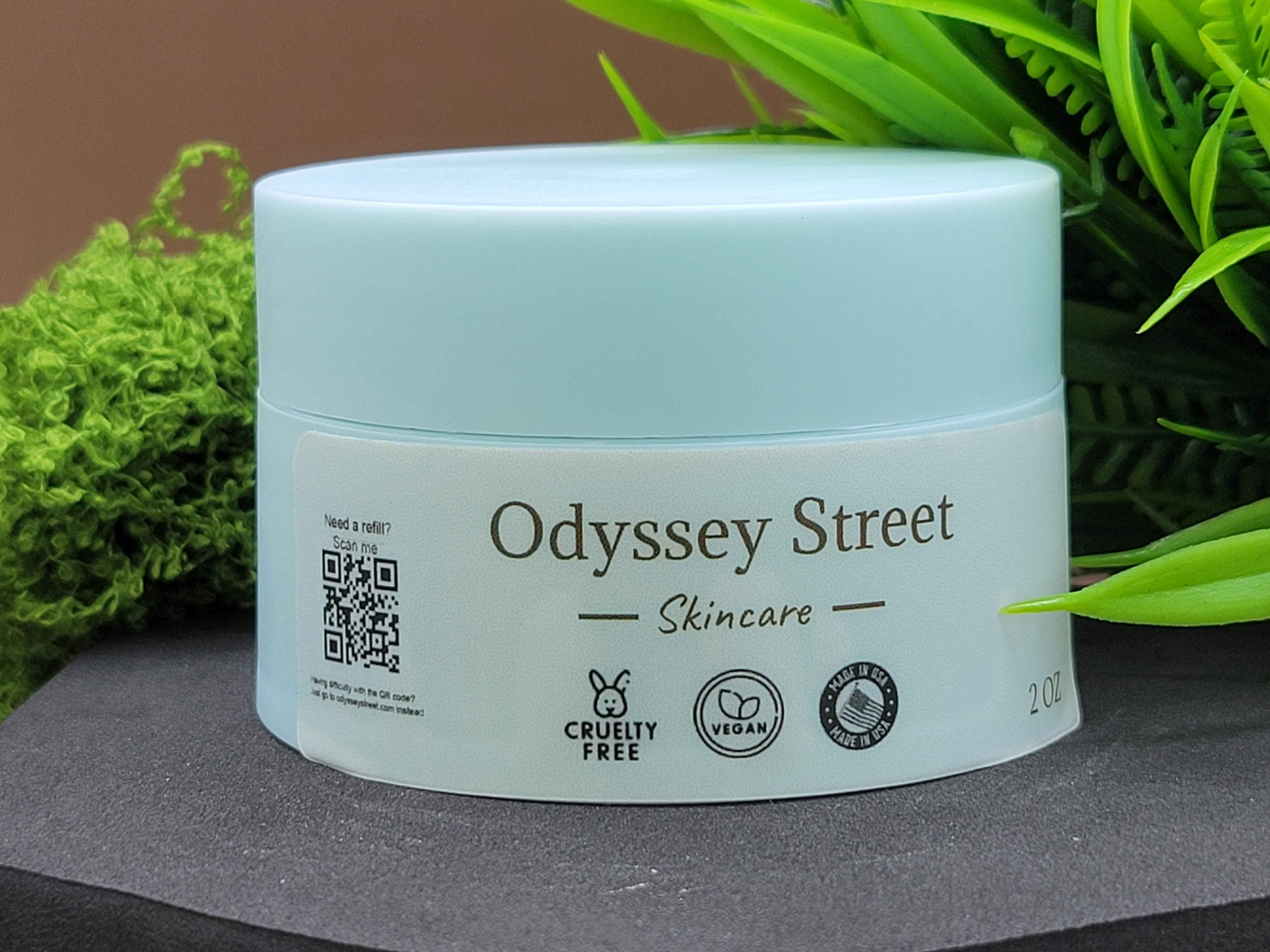
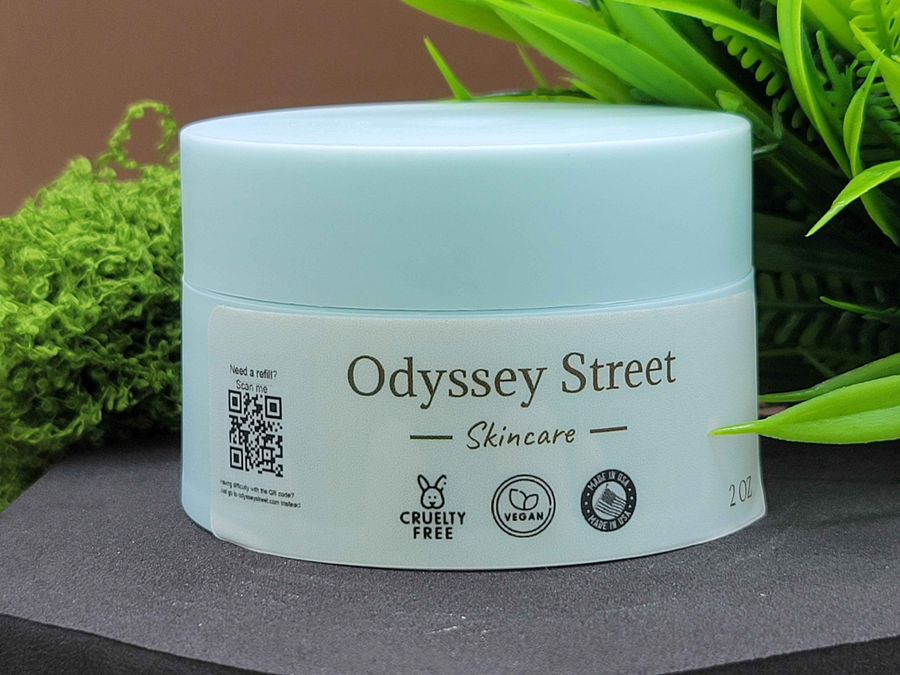
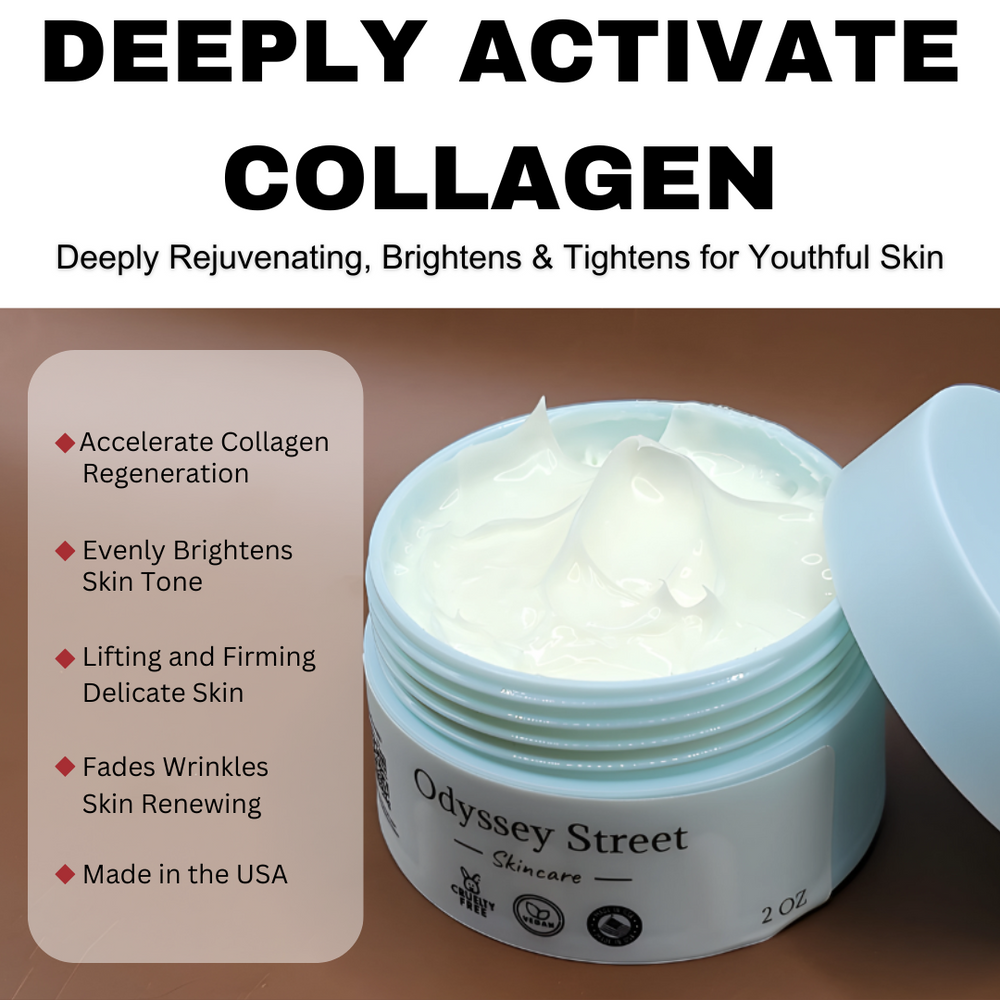




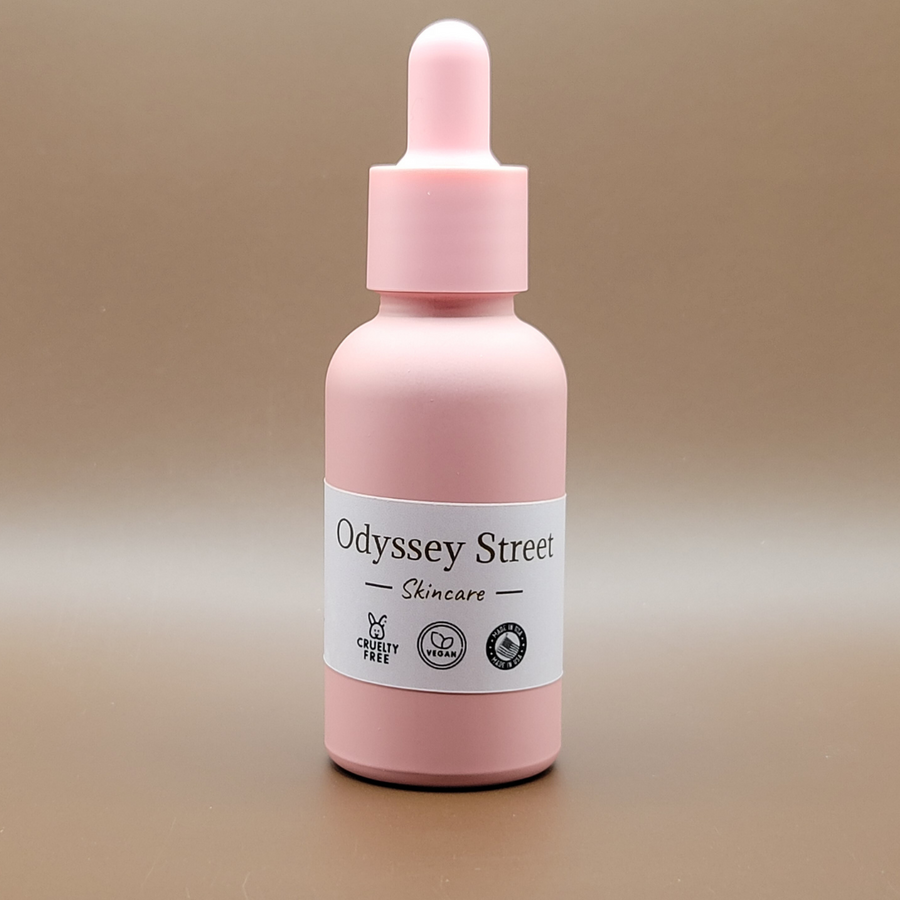
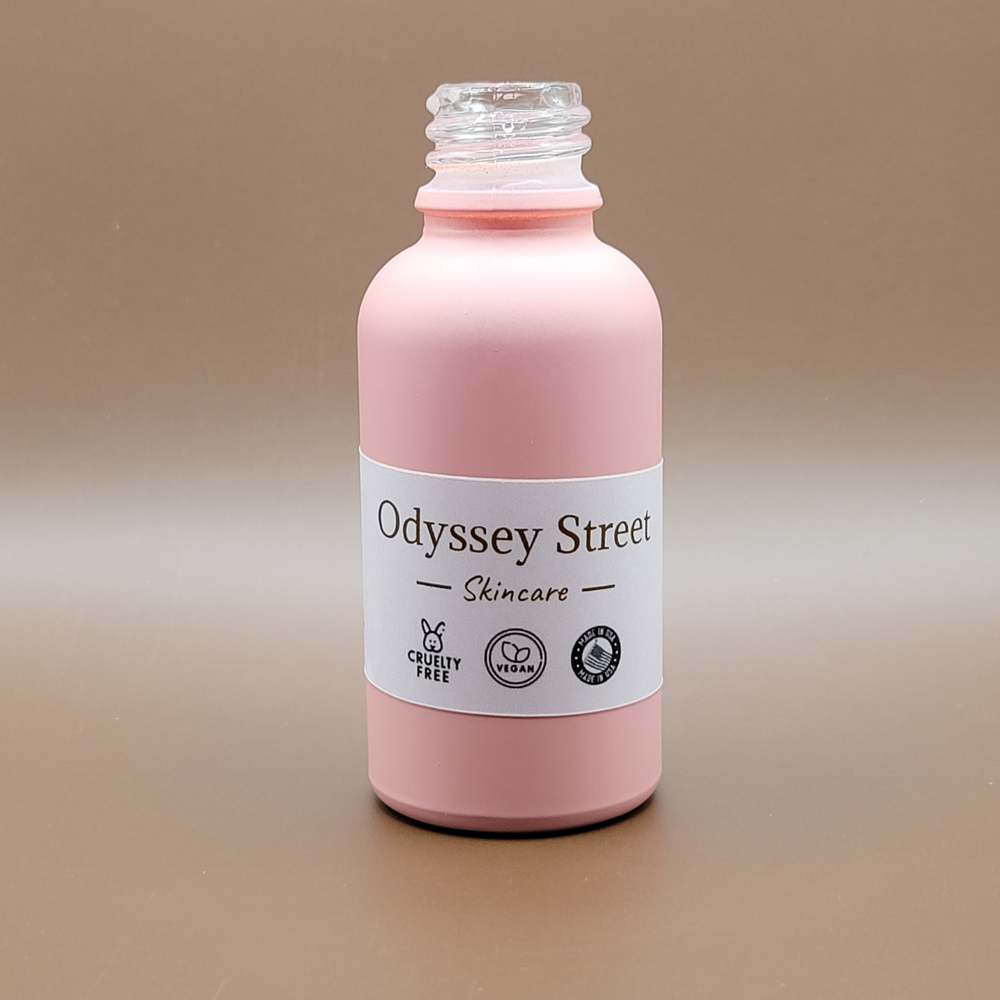
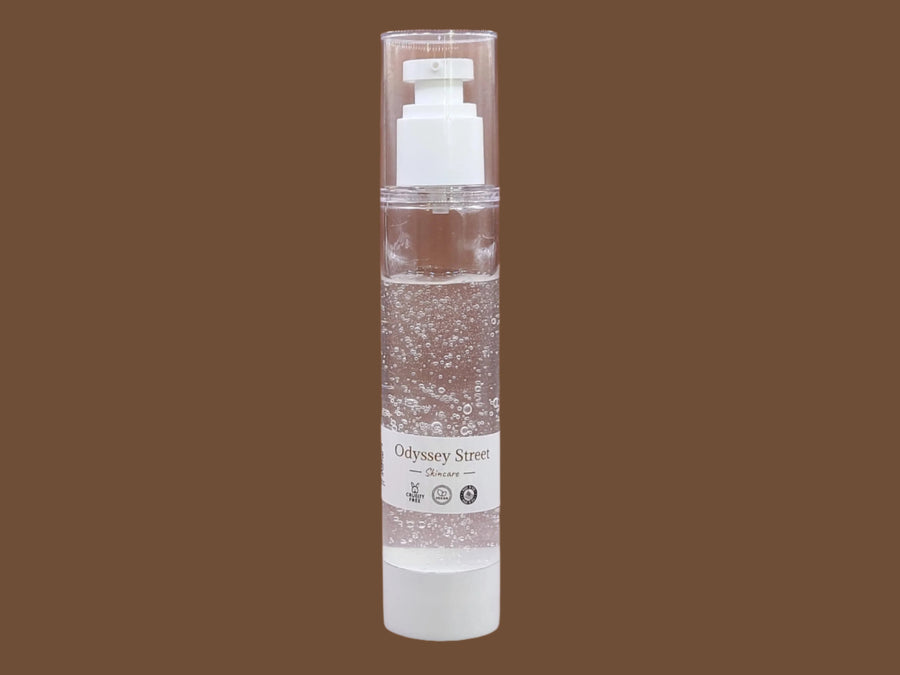
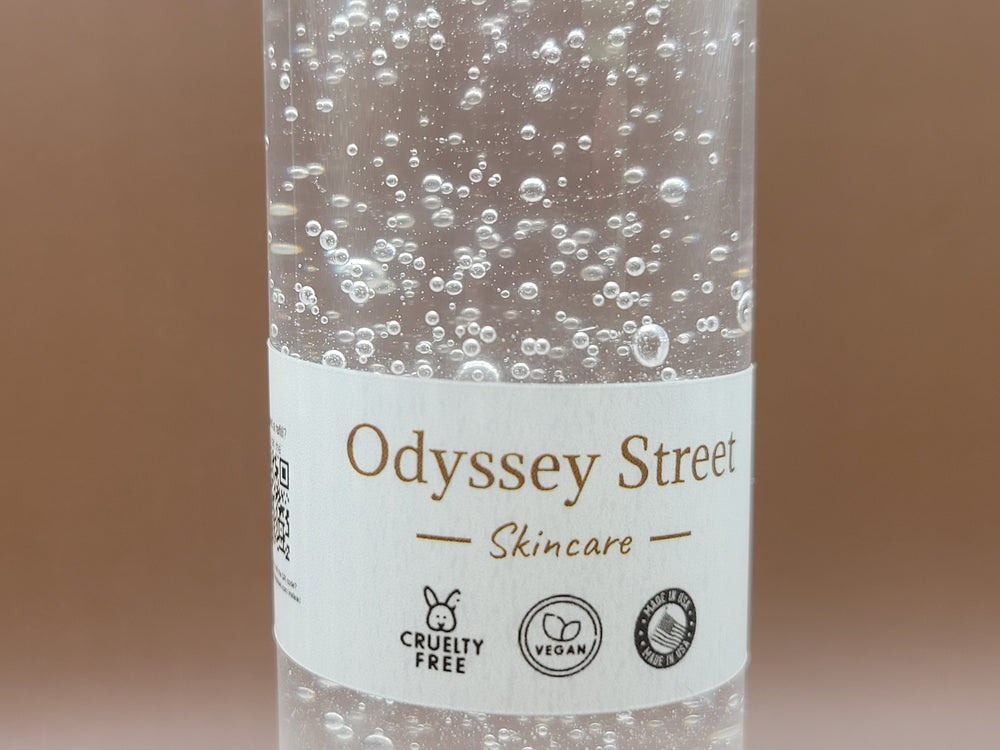
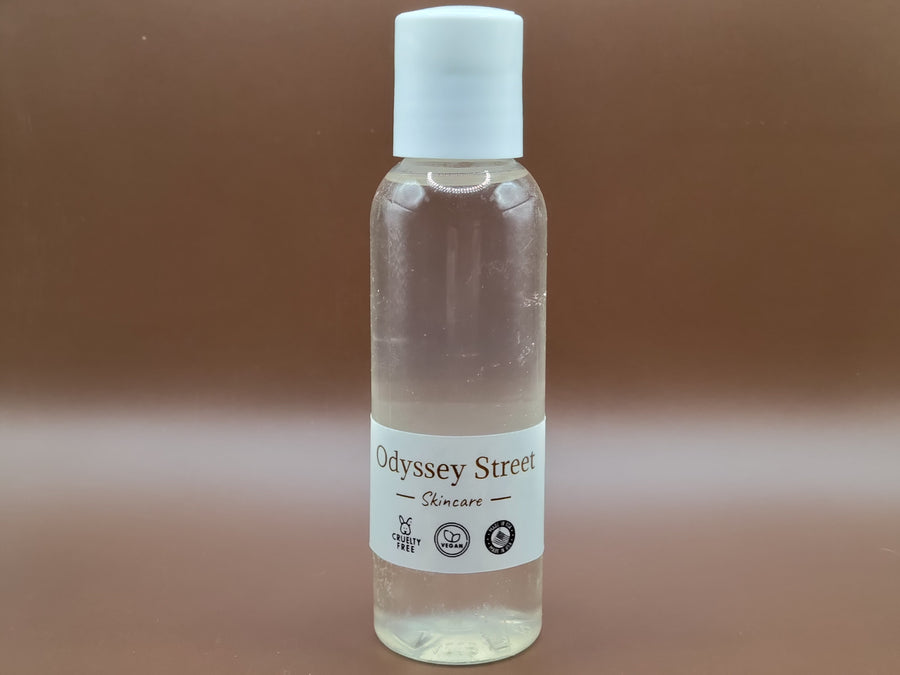
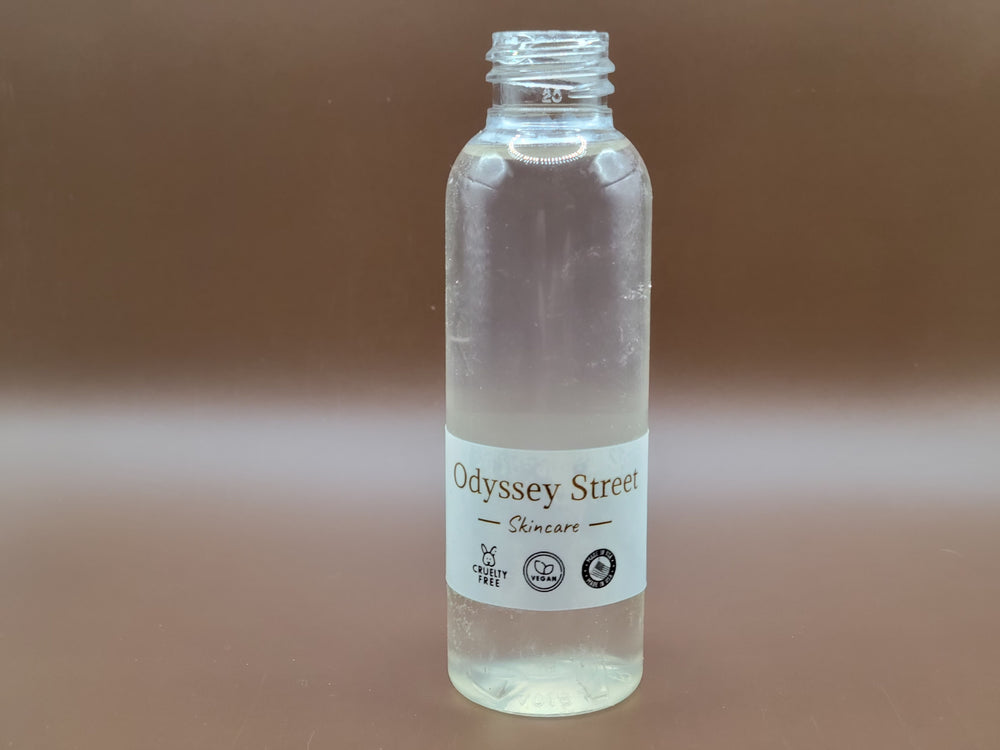
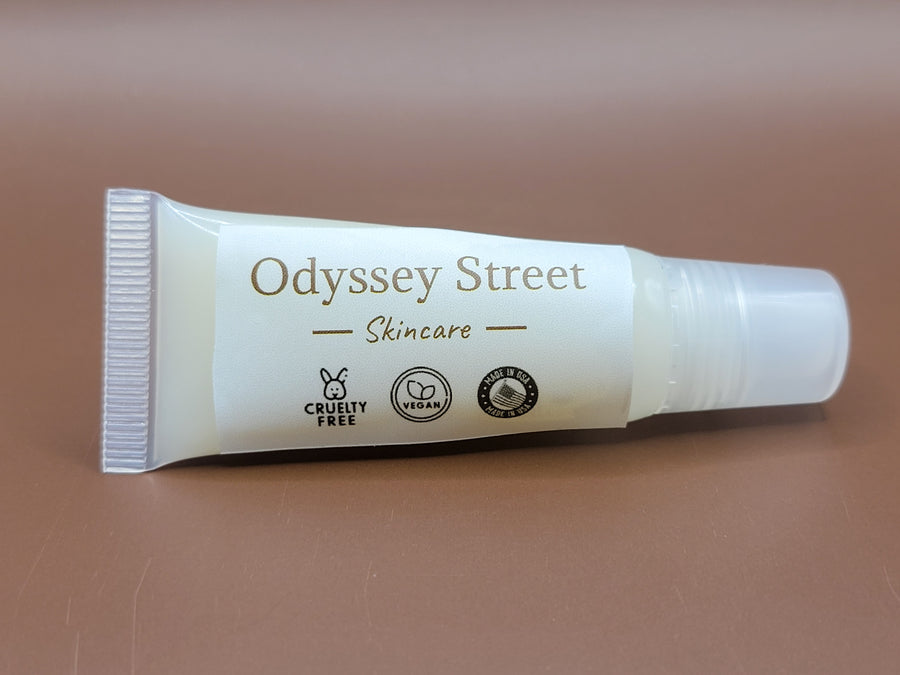
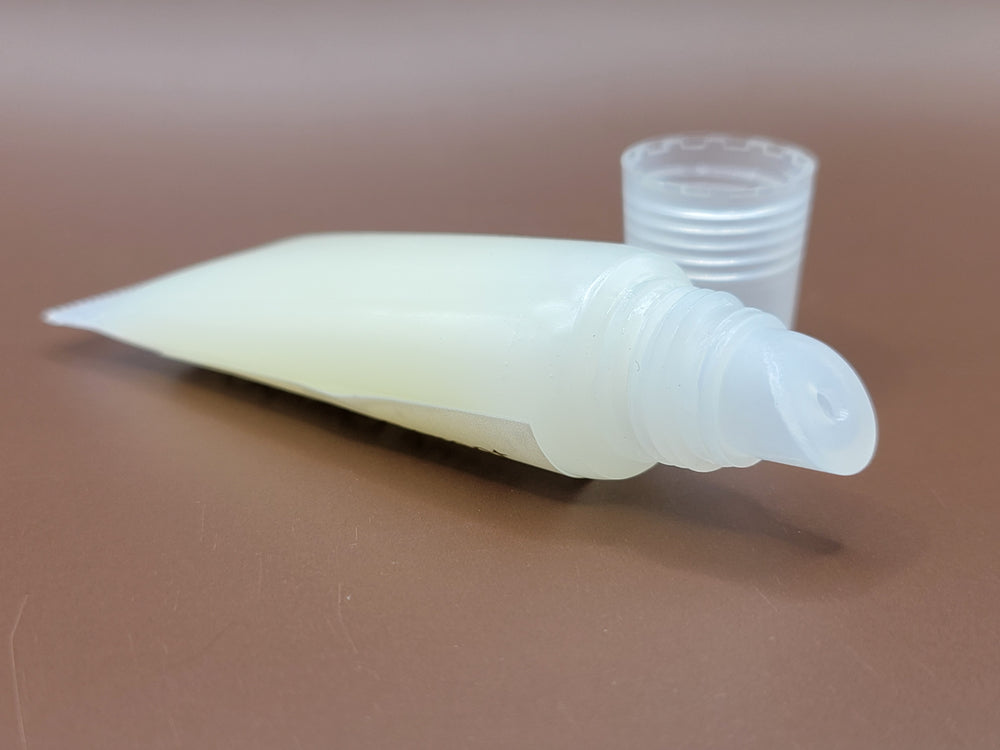
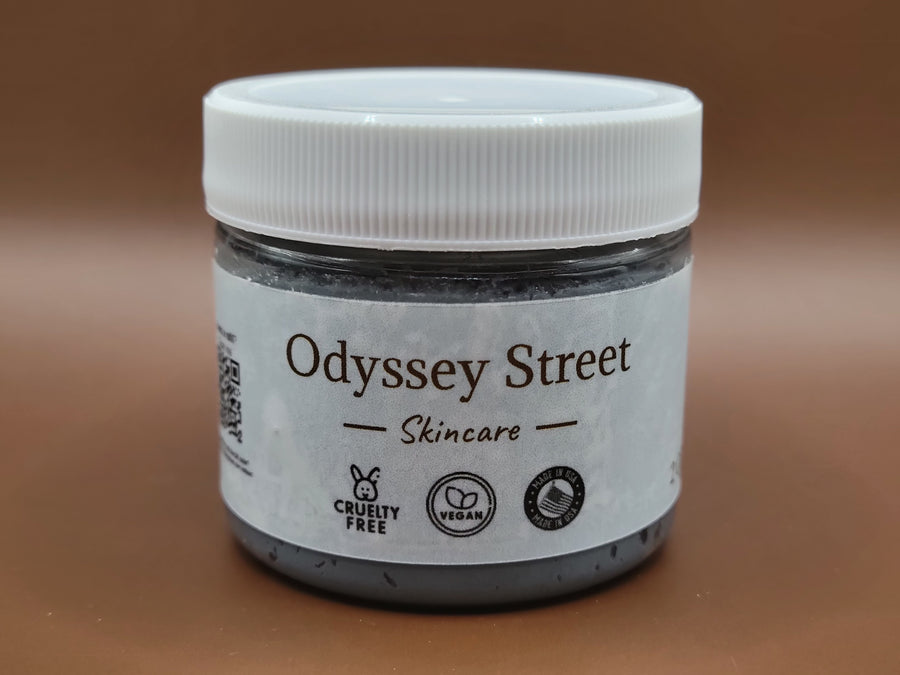
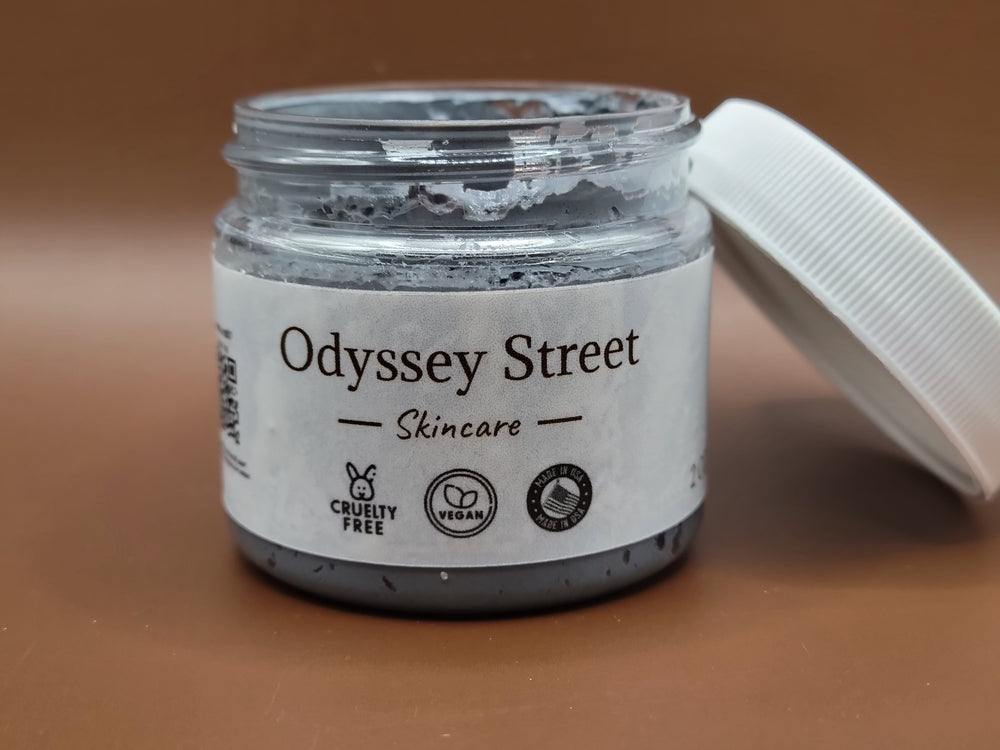
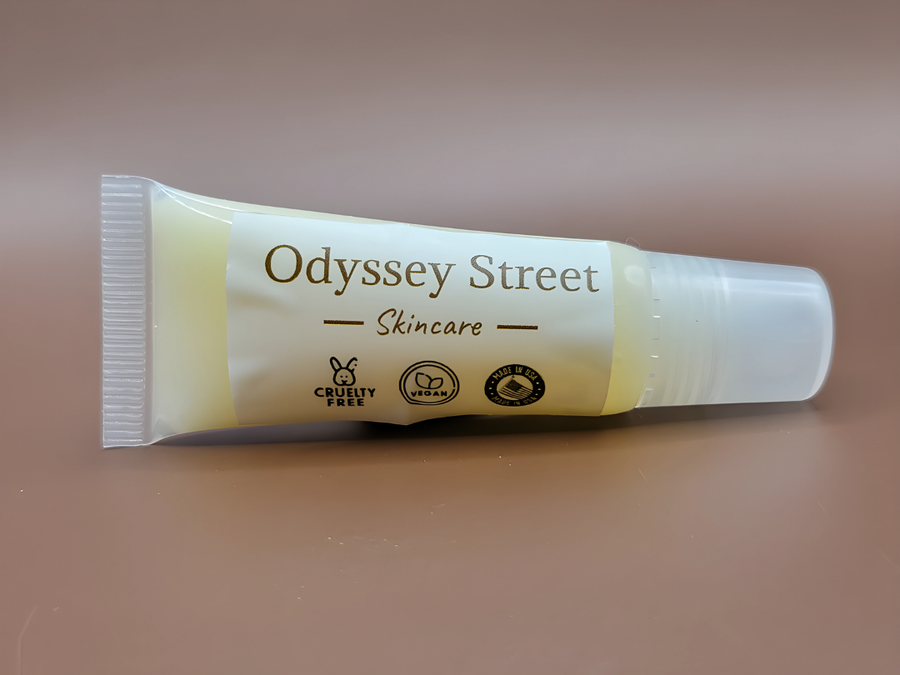
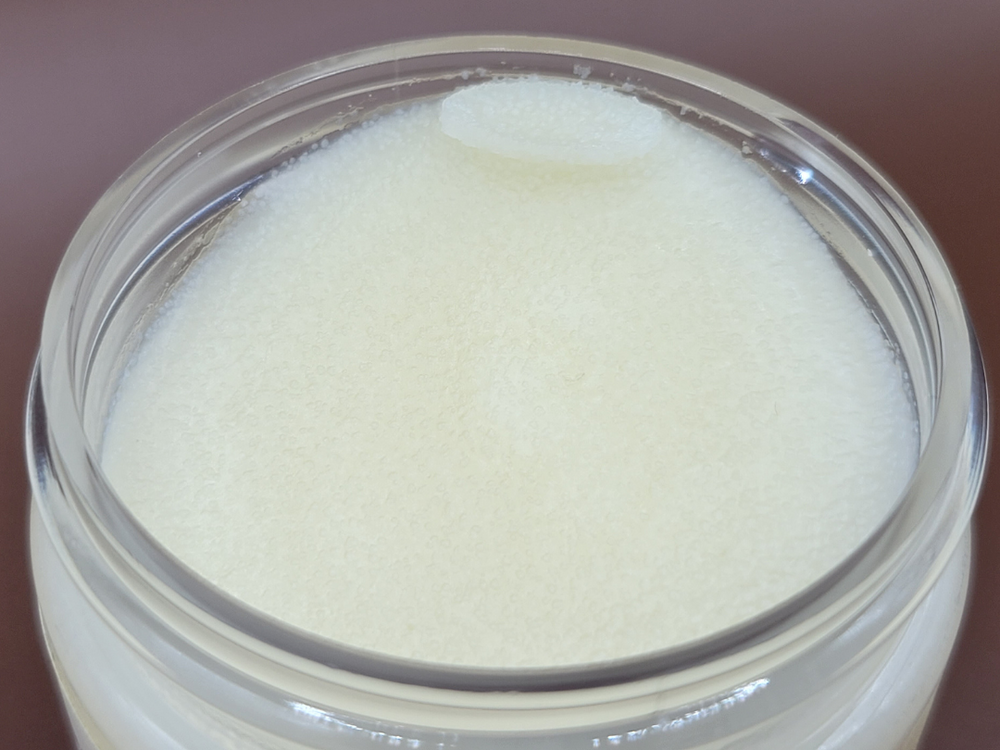
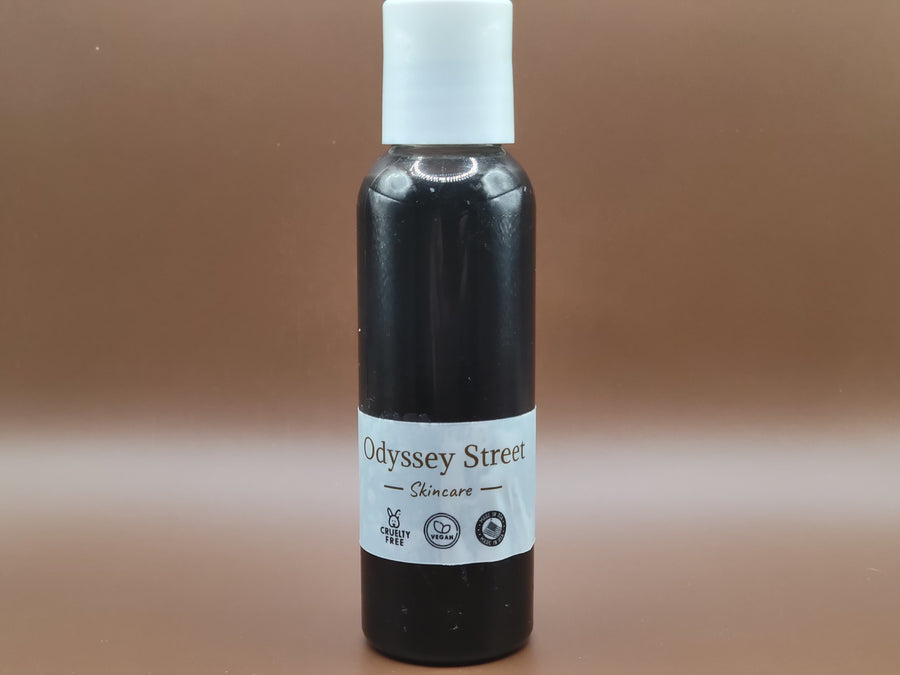
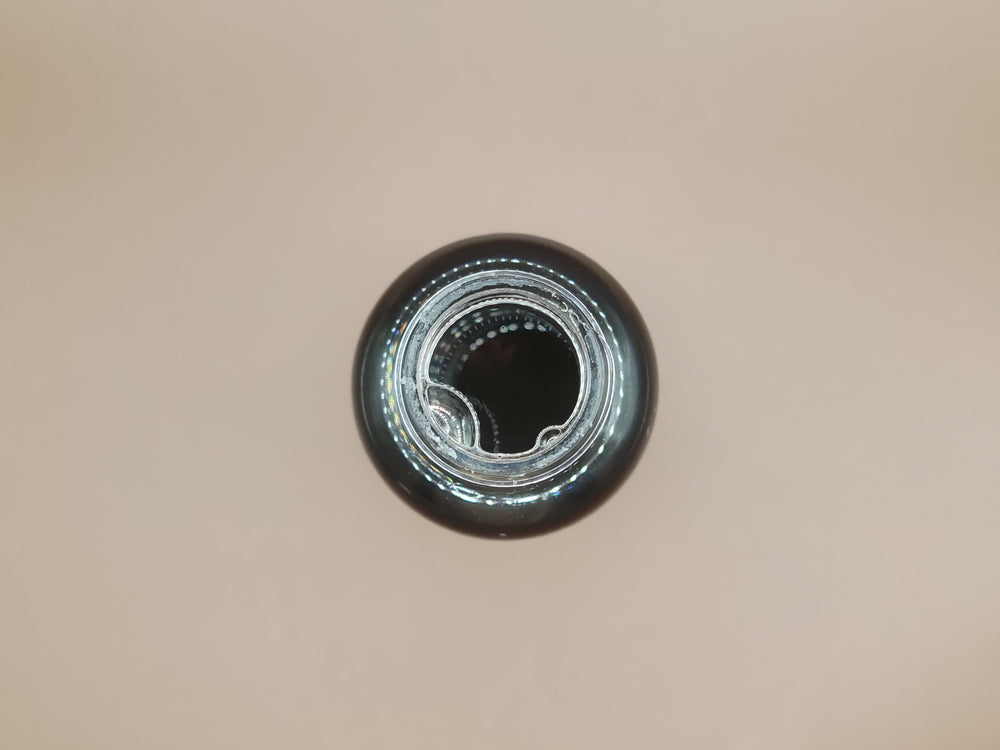
Leave a comment